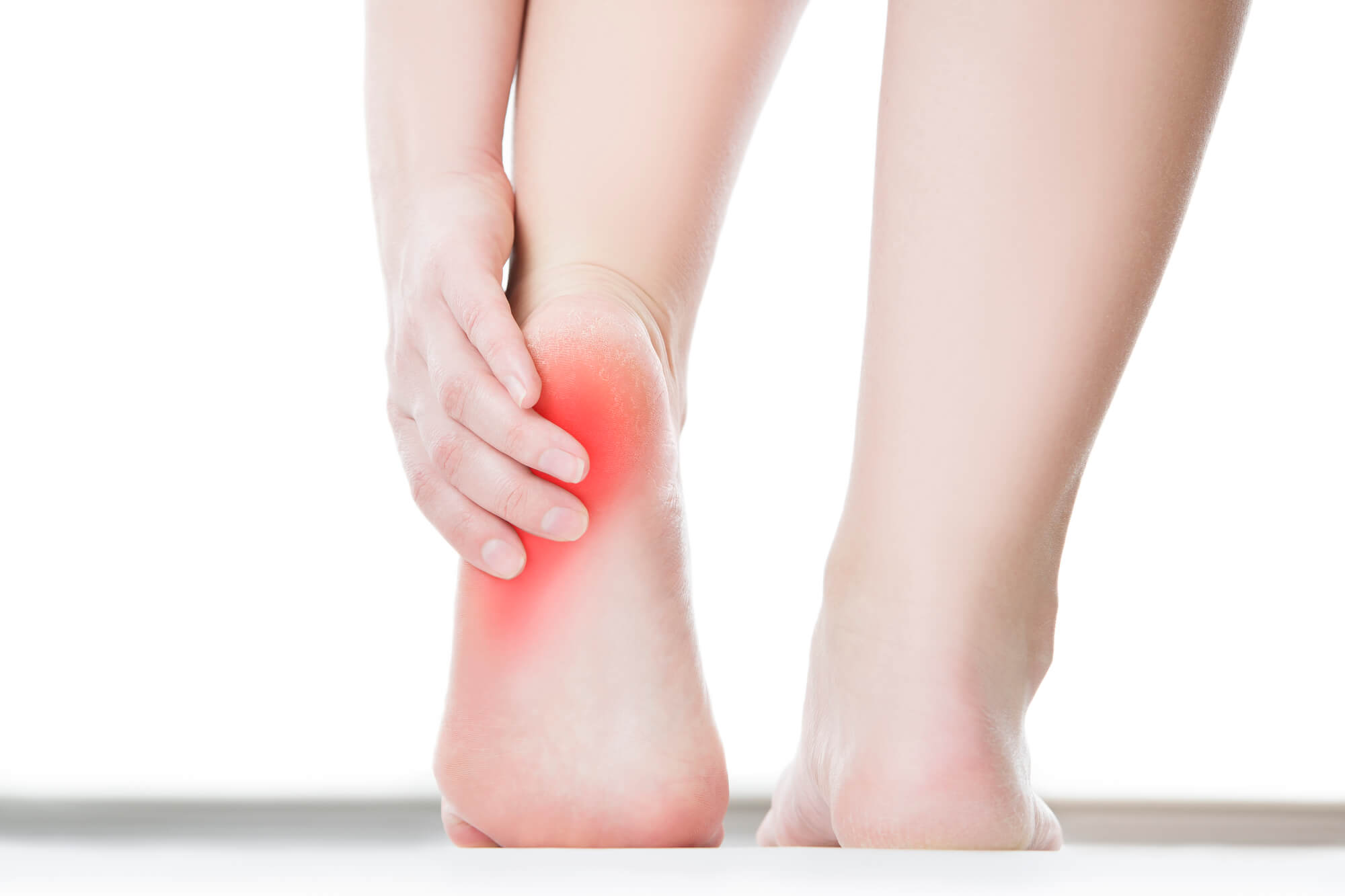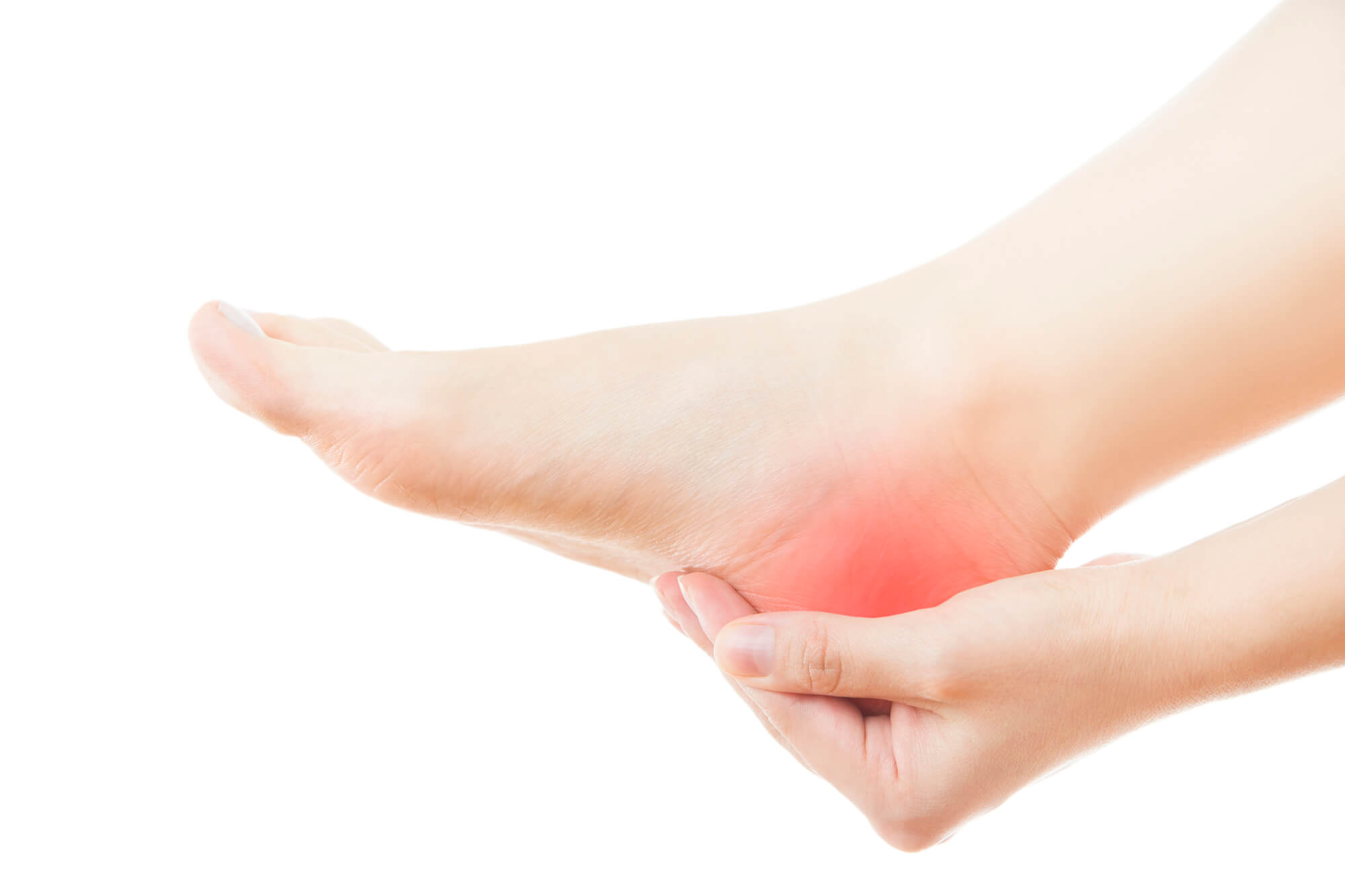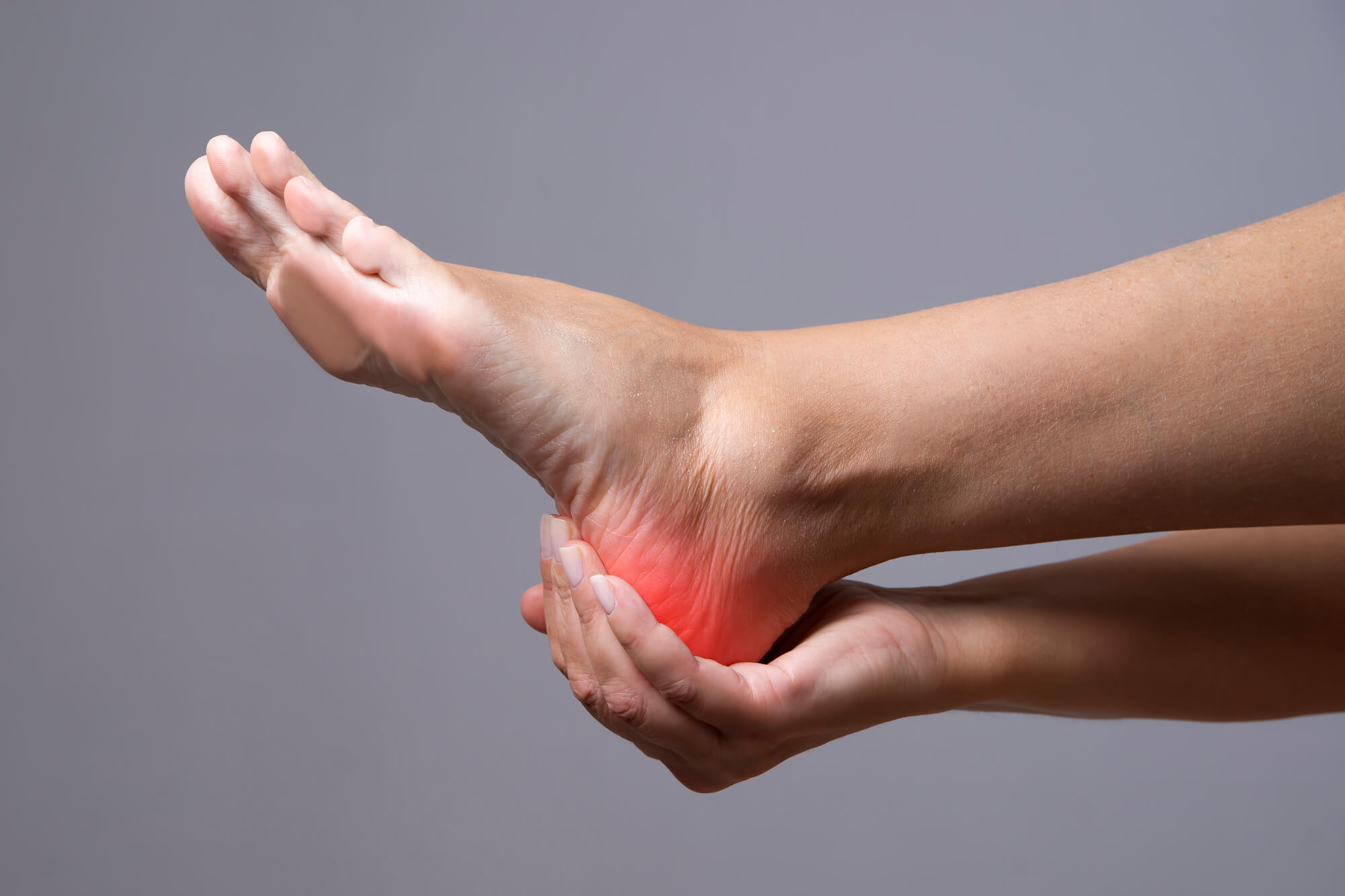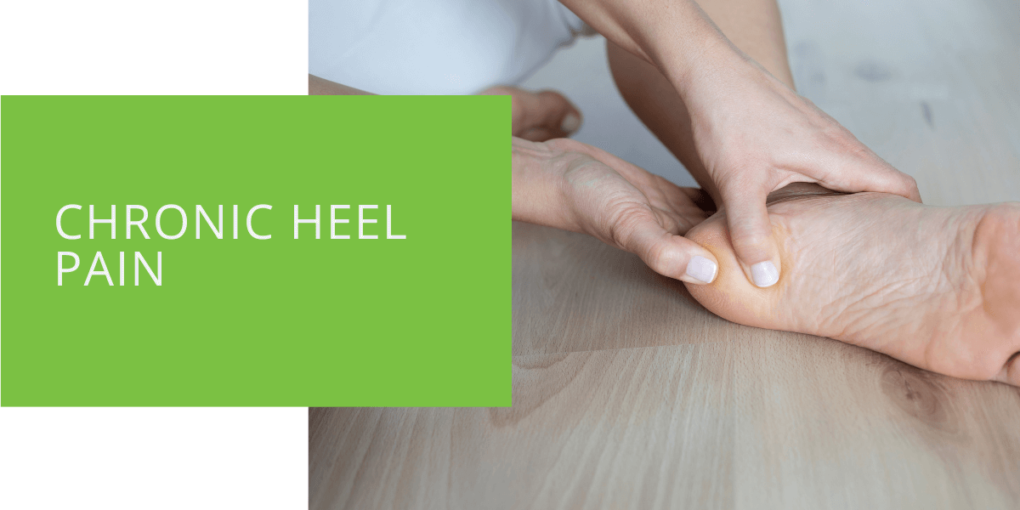Chronic Heel Pain: Causes, Symptoms & Treatment
Chronic heel pain can be a persistent and debilitating condition that can greatly impact a person's quality of life. It can make even simple activities, such as walking or standing for long periods, painful and difficult. If you are experiencing chronic heel pain, it is important to understand the causes and treatment options available so that you can find relief and get back to living your life to the fullest.
What is Chronic Heel Pain?
Definition
Chronic heel pain is a type of foot pain characterized by a persistent ache or discomfort in the heel area. It may be experienced on one or both heels and can range in intensity from mild annoyance to severe and debilitating pain.
Symptoms
In addition to the pain in the heel area, other symptoms of chronic heel pain may include:
- Swelling in the heel or ankle
- Stiffness in the heel or ankle
- Redness or warmth in the heel area
- Difficulty walking or standing for long periods
- Pain that is worse first thing in the morning or after long periods of inactivity

Causes of Chronic Heel Pain
Several different conditions can cause chronic heel pain. Some of the most common causes include:
Plantar Fasciitis
Plantar fasciitis is a common cause of chronic heel pain. It is a condition in which the plantar fascia, a band of connective tissue that runs along the bottom of the foot from the heel to the toes, becomes inflamed. This can result in pain and discomfort in the heel and arch area. The plantar fascia supports the arch of the foot and helps absorb shock as we walk. When inflamed, it can cause pain in the heel and arch area, particularly when we take our first steps in the morning or after long periods of inactivity.
Heel Spurs
A heel spur is a bony growth that develops on the heel bone. It is often the result of repetitive stress or overuse of the heel and can cause pain and discomfort in the heel area. Heel spurs are often accompanied by plantar fasciitis, as the inflammation of the plantar fascia can cause heel spur development.
Achilles Tendinitis
Achilles tendinitis is an inflammation of the Achilles tendon, the large tendon that connects the calf muscle to the heel bone. It is often caused by overuse or overloading of the tendon and can cause pain and discomfort in the back of the heel.

Other Causes
In addition to plantar fasciitis, heel spurs, and Achilles tendinitis, other conditions that can cause chronic heel pain include:
- Bursitis: an inflammation of the bursa, which are small fluid-filled sacs that help to cushion and protect joints
- Flat feet: a condition in which the arch of the foot collapses, leading to increased stress on the heels and toes
- Poorly fitting shoes: shoes that do not provide proper support and cushioning can put additional strain on the heels and cause pain
Treatment Options for Chronic Heel Pain
Non-surgical Options
There are a number of non-surgical treatment options available for chronic heel pain. These may include:
- Rest: taking a break from activities that cause pain and discomfort can give the heel time to heal
- Ice: applying ice to the heel can help to reduce swelling and inflammation
- Stretching: stretching the muscles and tendons in the foot and ankle can help to alleviate pain and improve flexibility
- Orthotic inserts: inserts placed in the shoes can help to provide additional support and cushioning to the heels and alleviate pain
- Physical therapy: a physical therapist can work with you to develop exercises and stretches to strengthen the muscles and tendons in the foot and ankle and alleviate pain
- Medications: over-the-counter pain medications such as ibuprofen can help to reduce inflammation and pain in the heel

Surgical Options
Surgical treatment may sometimes be necessary to alleviate chronic heel pain. Surgical options may include:
- Plantar fascia release: a surgical procedure in which the plantar fascia is partially cut to relieve tension and reduce inflammation
- Heel spur removal: a surgical procedure in which the heel spur is removed to alleviate pain
- Achilles tendon repair: a surgical procedure to repair a damaged or torn Achilles tendon
It is important to speak with a podiatrist or foot and ankle specialist to determine the best course of treatment for your specific case of chronic heel pain.
Tips for Prevention
There are several steps that you can take to help prevent chronic heel pain:
- Wear shoes that provide proper support and cushioning: shoes with good arch support and cushioned soles can help to alleviate strain on the heels.
- Stretch your calf muscles and Achilles tendon before and after physical activity: this can help to improve flexibility and reduce the risk of injury.
- Avoid standing or walking on hard surfaces for long periods: try to take breaks and switch between standing and sitting if you must be on your feet for an extended period.
- Maintain a healthy weight: excess weight can put additional strain on the heels, so maintaining a healthy weight can help to prevent heel pain.
- Avoid wearing high heels: high heels can place additional strain on the heels and increase the risk of heel pain.
Conclusion
Chronic heel pain can be a frustrating and debilitating, but with proper treatment and prevention, it is possible to find relief and get back to living your life to the fullest. If you are experiencing chronic heel pain, you must speak with a podiatrist or foot and ankle specialist to determine the cause and the best treatment for your specific case. With the right treatment and prevention measures, you can find relief and get back to enjoying your daily activities.
FAQ
How do you treat chronic heel pain?
Several treatment options are available for chronic heel pain, both surgical and non-surgical. Non-surgical options may include rest, ice, stretching, orthotic inserts, physical therapy, and medications. Surgical options may include plantar fascia release, heel spur removal, and Achilles tendon repair. The best course of treatment will depend on the specific cause of your chronic heel pain. Speaking with a podiatrist or foot and ankle specialist is important to determine the best treatment for your specific case.
What can cause chronic heel pain?
Several conditions can cause chronic heel pain, including plantar fasciitis, heel spurs, Achilles tendinitis, bursitis, flat feet, and poorly fitting shoes. It is important to speak with a podiatrist or foot and ankle specialist to determine the specific cause of your chronic heel pain.
Why won't my chronic heel pain go away?
There are a number of reasons why chronic heel pain may not go away. It may be the result of a chronic condition such as plantar fasciitis or heel spurs, which may require ongoing treatment to manage. It is also possible that the pain may be the result of an underlying condition that has not been properly diagnosed or treated. If you are experiencing chronic heel pain that is not responding to treatment, it is important to speak with a podiatrist or foot and ankle specialist to determine the cause and find an effective treatment plan.

